Blog, News, & Resources
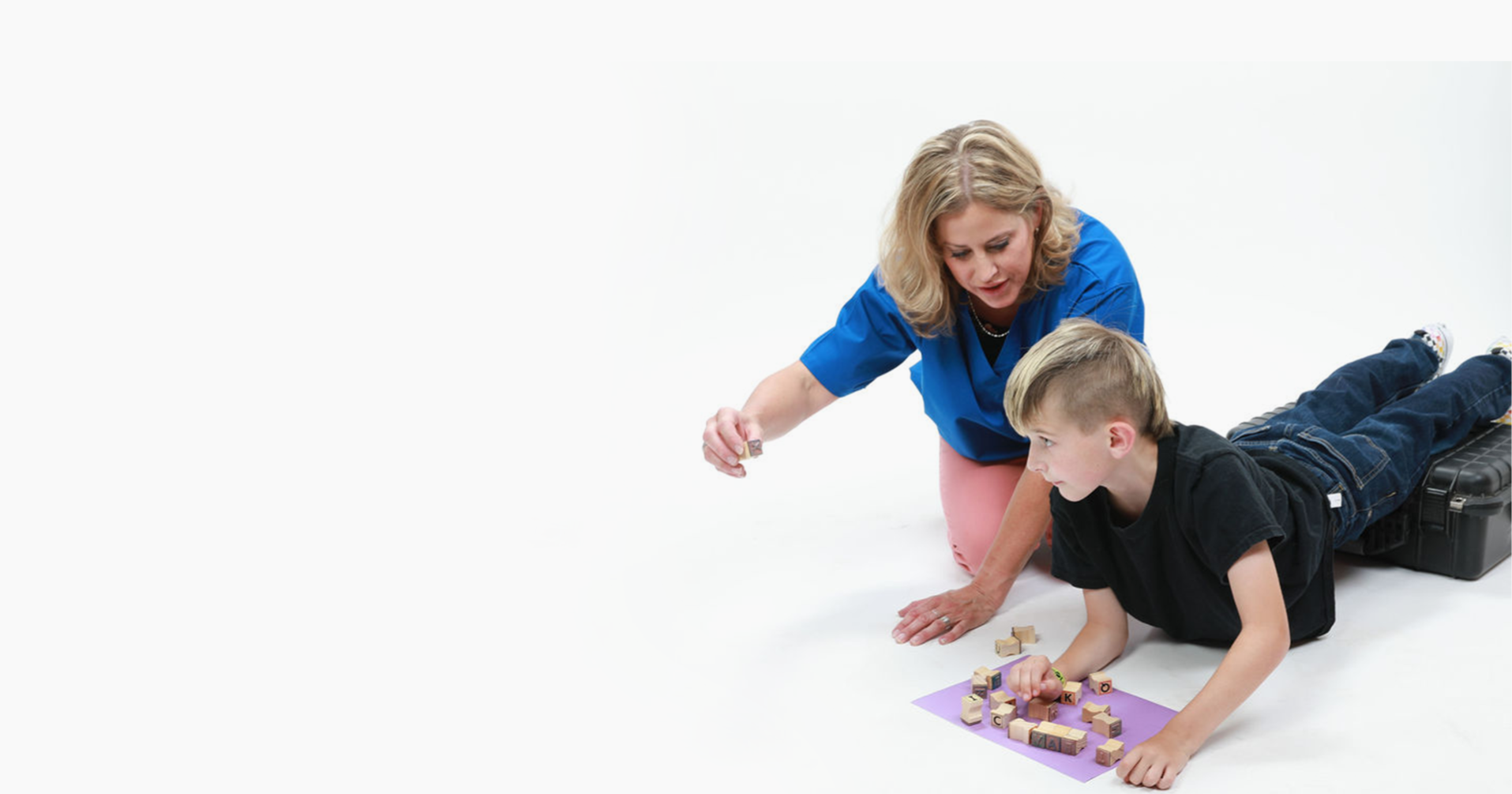
Subscribe to Updates here
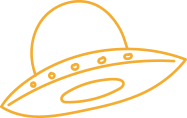
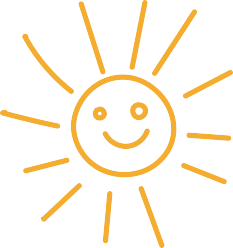


1 Tulip Craft, 8 Speech, Language, and Occupational Therapy Activities
April 16, 2024
We were looking for something fun and easy to do with our students this month that didn't require all sorts of special supplies and that would bring...
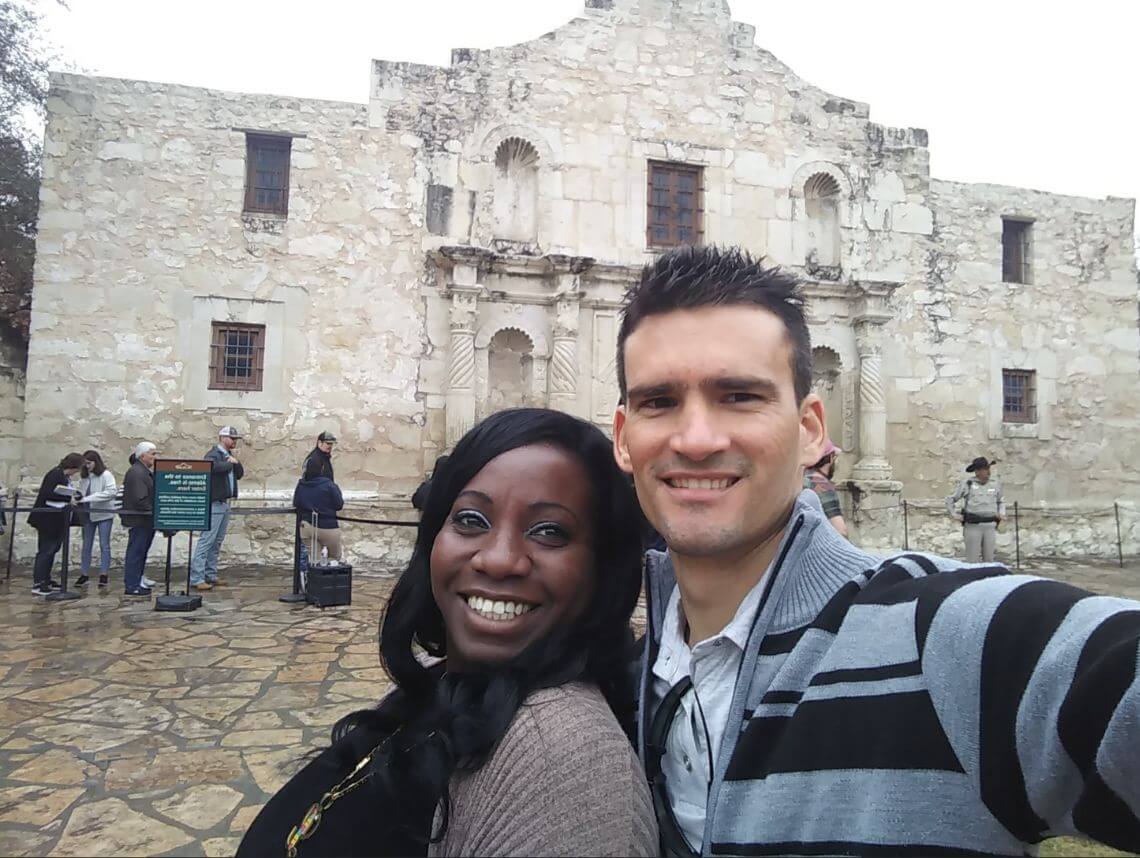
Real Stories of Work-Life Balance in Nursing
April 10, 2024
At Care Options for Kids, our Texas nurses aren’t just healthcare providers; they’re adventurers, lifelong learners, and family pillars, thriving in...
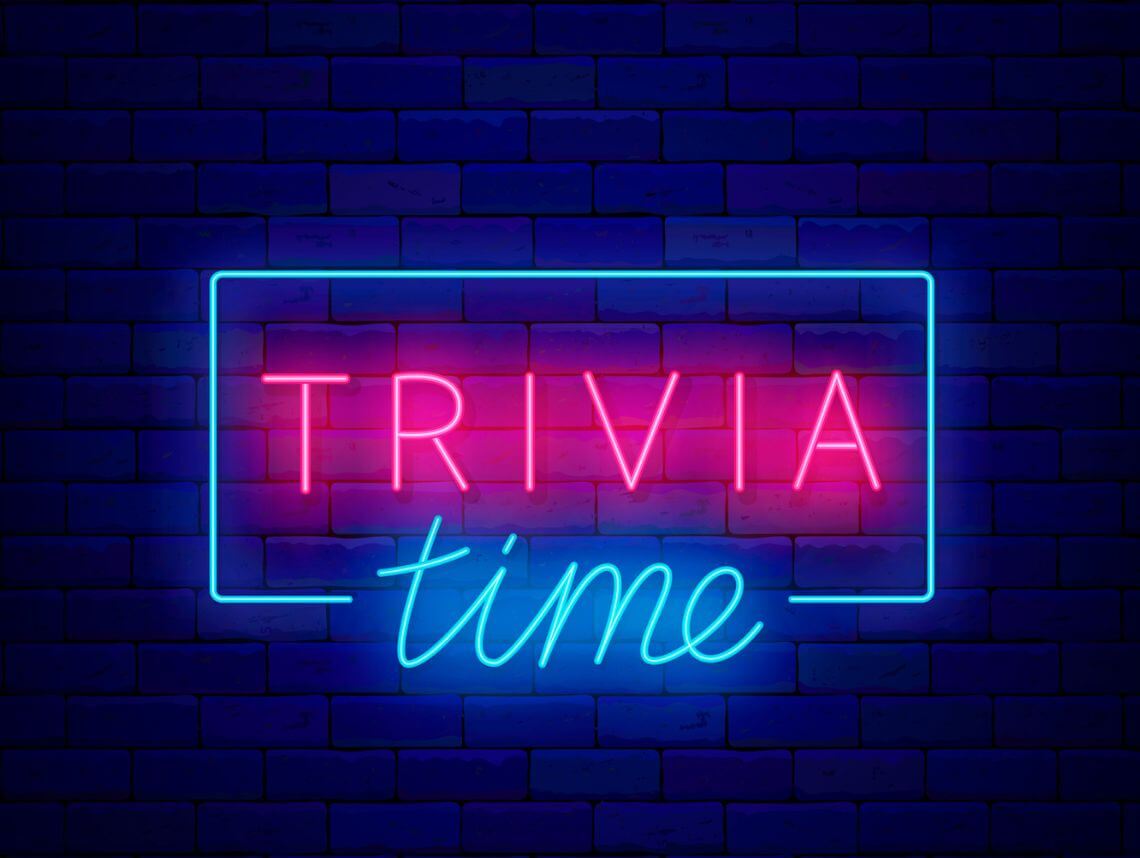
Nursing Trivia: Did You Know?
April 10, 2024
Nursing isn't just a profession; it's a journey through history, filled with fascinating facts and milestones that have shaped healthcare into what...
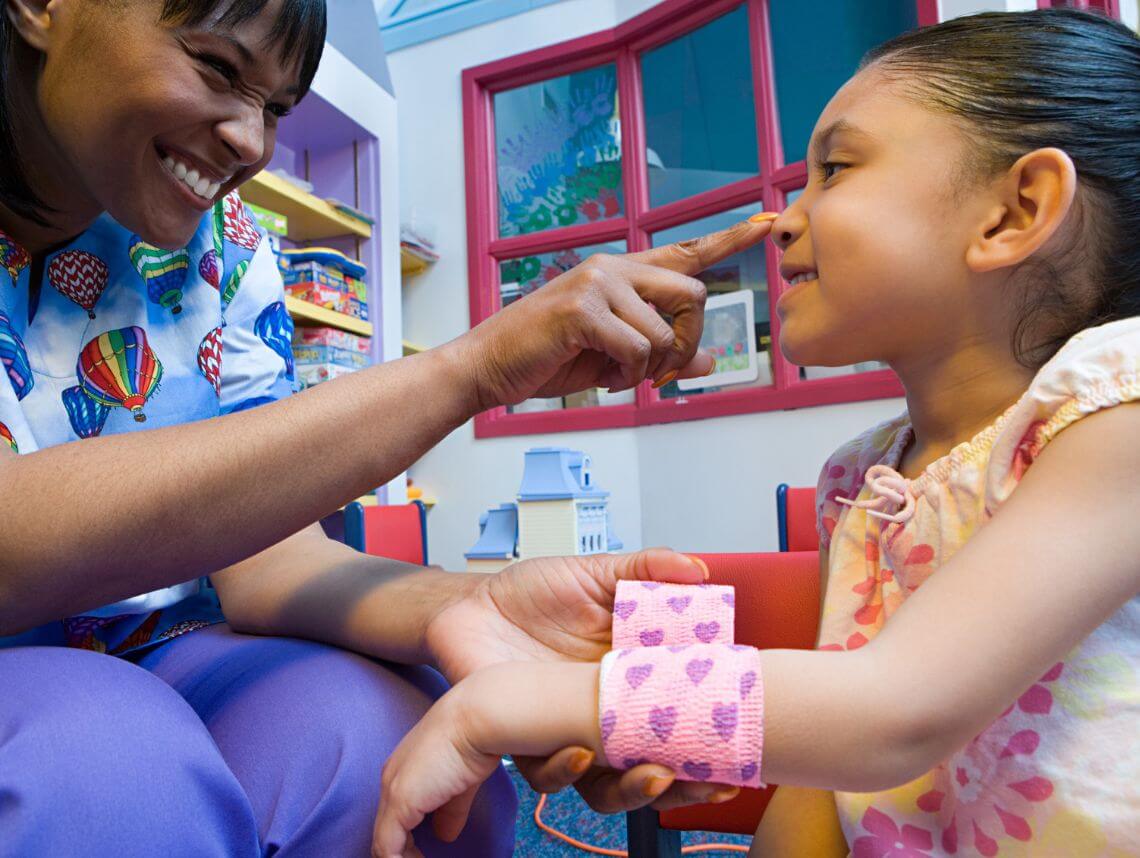
8 Tips for Surviving Your First Year as a Nurse
April 10, 2024
Congratulations on embarking on your nursing career journey! The first year as a nurse is both exhilarating and challenging as you transition from...

Apps and Games for Pediatric Development
April 10, 2024
Technology has become a game-changer in therapy sessions with children, providing exciting new ways to engage and support their development. As...
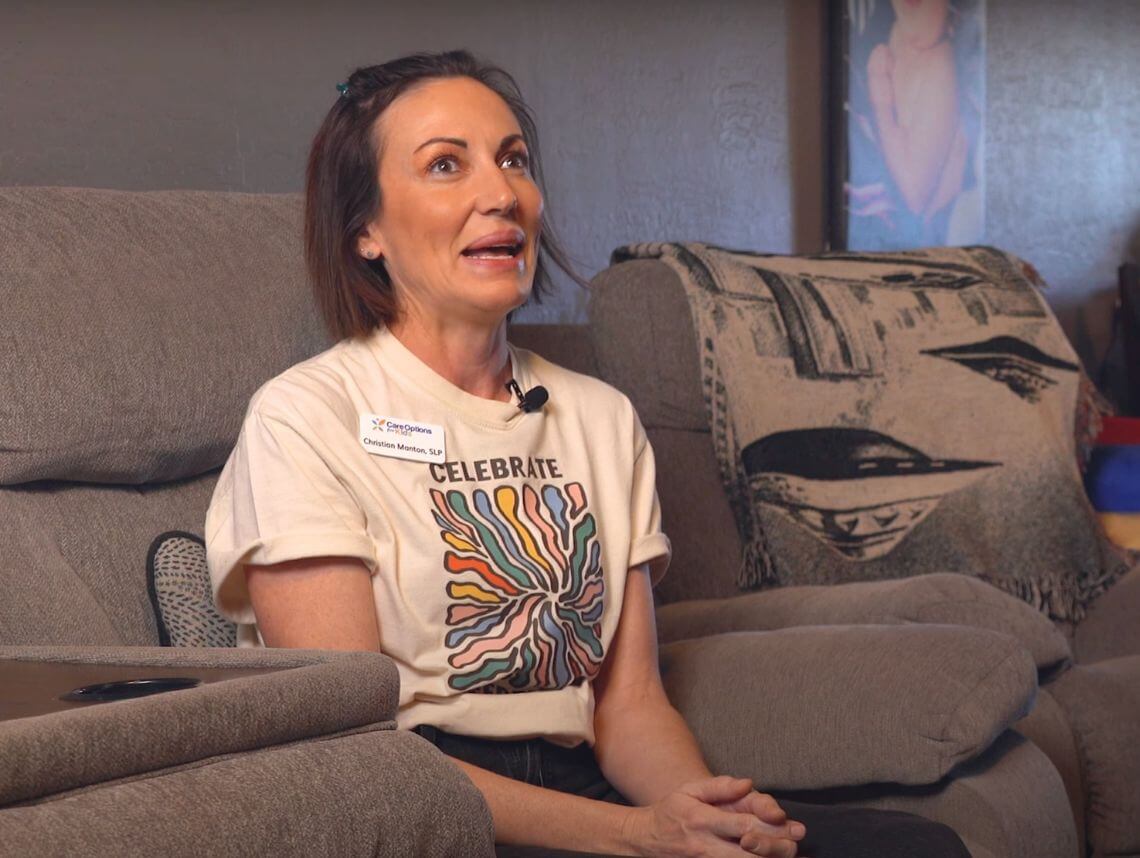
From School to Home: Christian’s Shift to Impactful Therapy
April 10, 2024
Welcome to our exclusive interview with Christian Manon, a dedicated Speech-Language Pathologist (SLP) at Care Options for Kids. In her video,...
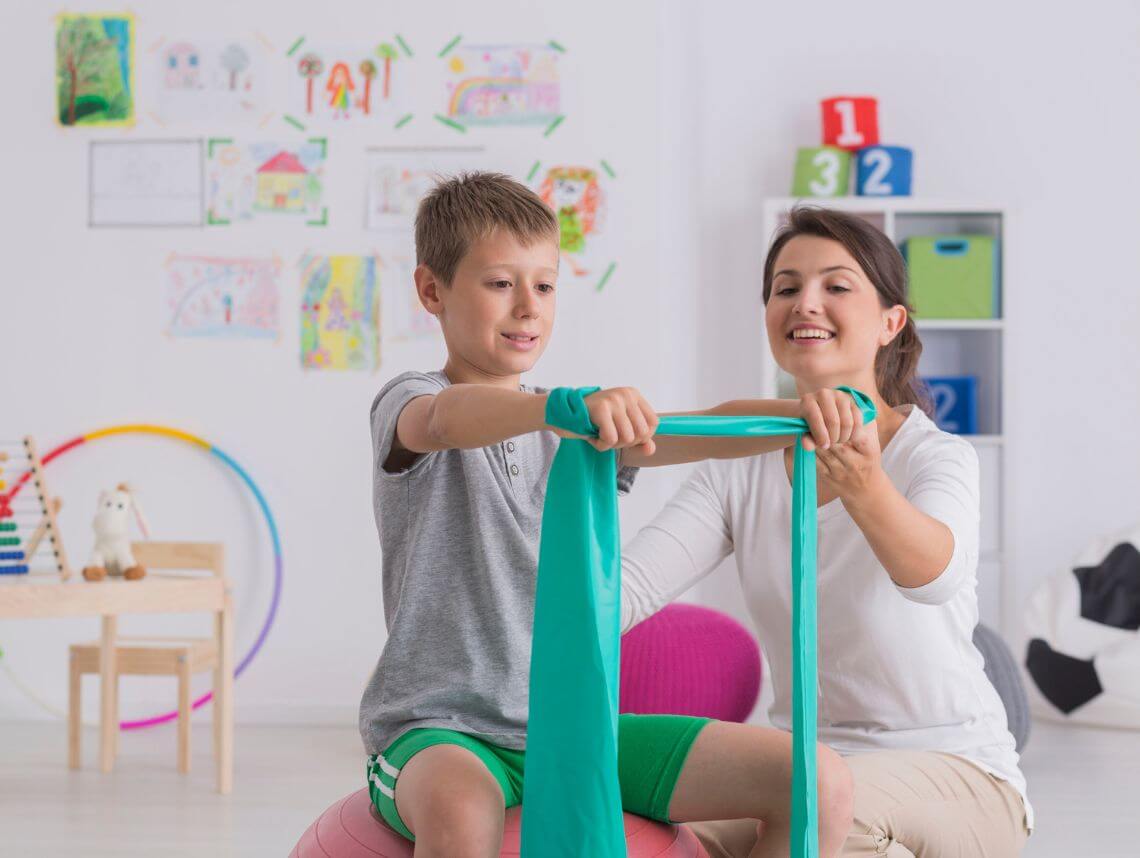
Gross Motor Activities for Kids
April 8, 2024
For those of us in physical and occupational therapy, finding ways to blend fun with function in our sessions is key, especially when working with...

7 Tips to Deal With Compassion Fatigue
April 7, 2024
Compassion fatigue is a pervasive issue affecting healthcare professionals, including nurses, doctors, social workers, and caregivers. Also known as...

8 Stress Management Tips for Nurses
April 5, 2024
As a nurse, you are no stranger to stress. The demands of the healthcare profession can be overwhelming at times, leading to burnout, fatigue, and...
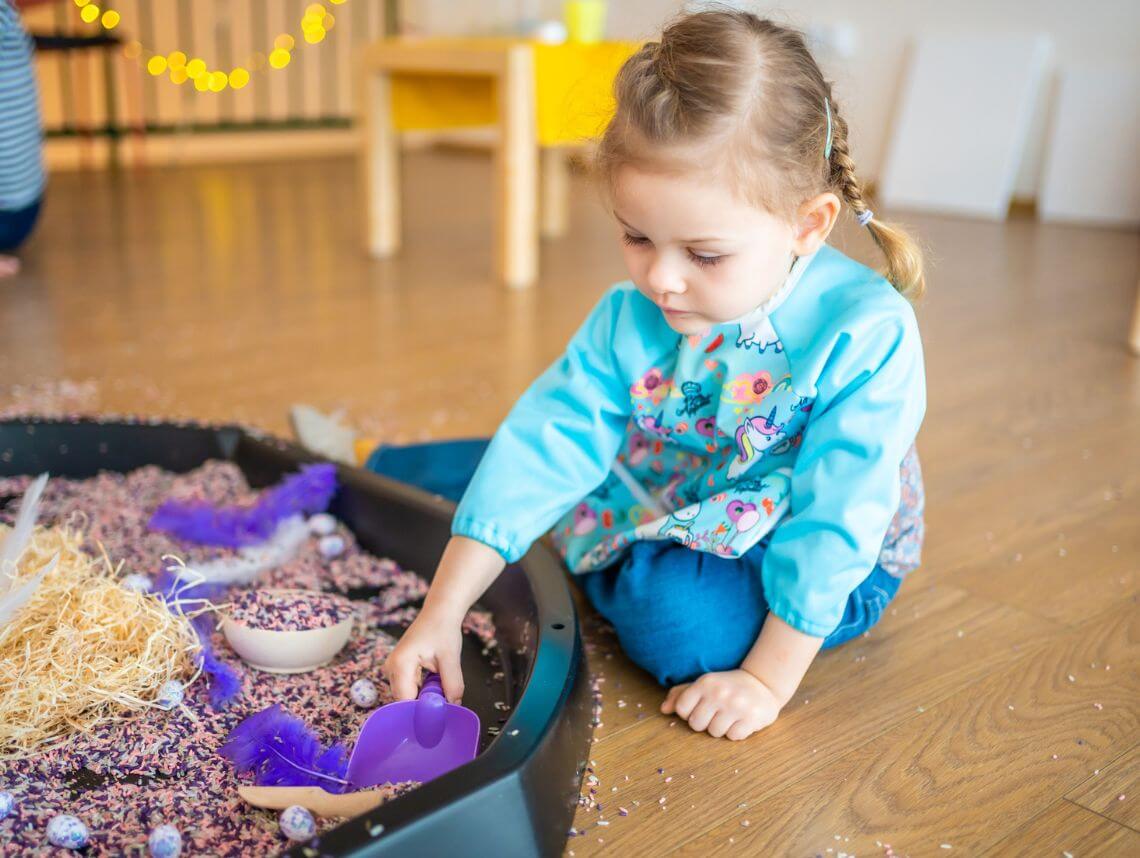
Sensory Activities for Kids
April 5, 2024
As experienced Occupational Therapists (OTs), Speech-Language Pathologists (SLPs), and Physical Therapists (PTs), you understand the impact sensory...






